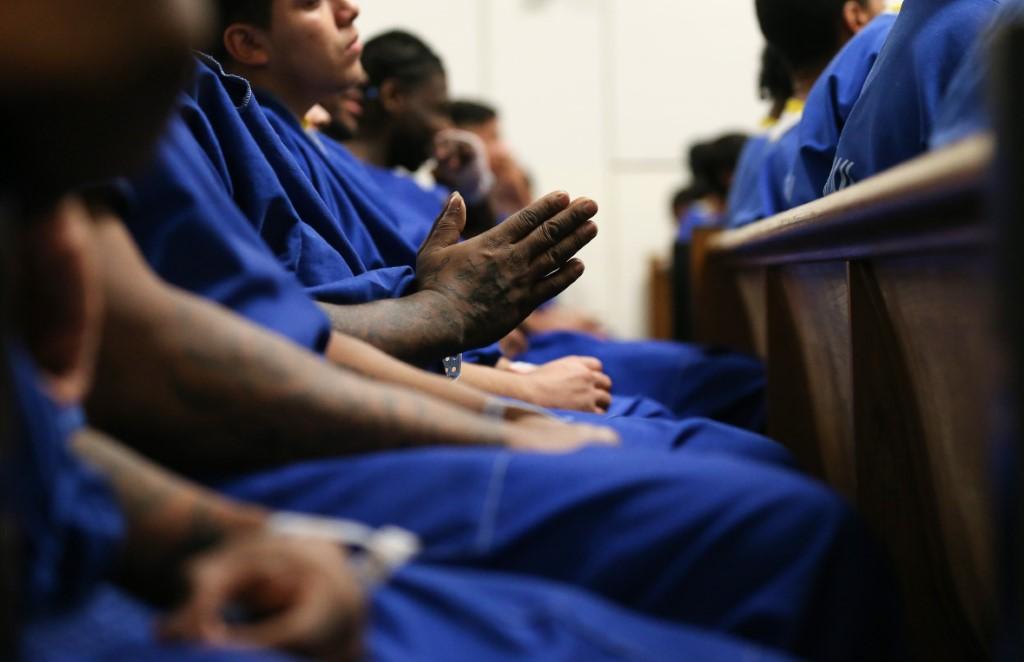US Justice Department says inmates sent home due to Covid-19 will not be returned to prison
The decision represents a major reversal for the department's Office of Legal Counsel, which previously said the Bureau of Prisons had no legal authority to keep inmates at home once the pandemic emergency had subsided.
Just In
The US Justice Department on Tuesday announced it would not force federal inmates who were sent home due to the coronavirus pandemic to return to prison once the emergency is lifted.
The decision represents a major reversal for the department’s Office of Legal Counsel, which previously had issued an opinion that said the Bureau of Prisons had no legal authority to keep inmates at home once the pandemic emergency had subsided.
It also marks a victory for criminal justice advocacy groups who have fiercely lobbied the department and the White House to take steps to ensure that law-abiding, low-level inmates would not be forced back into prison.
“Thousands of people on home confinement have reconnected with their families, have found gainful employment, and have followed the rules,” Attorney General Merrick Garland said in a statement.
Earlier in the day, Garland had met with several inmates on home confinement to hear about their experiences.
In 2020, Congress passed the Cares Act, which broadened the Justice Department’s authority to release low-level inmates into home confinement during the pandemic to ease crowding and reduce the spread of Covid-19.
But in January of this year, the department’s Office of Legal Counsel issued a controversial opinion that found that once the emergency is lifted, the federal Bureau of Prisons “must recall prisoners in home confinement to correctional facilities” if they do not otherwise qualify to remain at home.
Dozens of advocacy groups including the American Civil Liberties Union, the Leadership Conference on Civil and Human Rights, the Justice Action Network and FAMM – a group that opposes mandatory minimum sentences – have urged the Justice Department to overturn that opinion.
They have also pressed the White House to use its clemency powers to commute the sentences of those who were sent home.
From March 2020 through Dec 6 of this year, more than 35,000 inmates have been sent home under all of the BOP’s various legal powers.
As of Dec 6, the Justice Department said that 4,879 prisoners were in extended home confinement under the Cares Act authority, and more than 2,800 would have been returned to prison once the emergency was lifted if the prior legal opinion had remained in place.
“This is excellent news for thousands of people and their families to get before the holidays,” FAMM President Kevin Ring said in a statement.
“There is no way the people on Cares Act home confinement should have been sent back to prison, and we are very grateful to the Biden administration for fixing this mistake.”
Garland said on Tuesday that he is also planning to direct the BOP to launch a rulemaking process that will ensure that inmates in home confinement will “be given an opportunity to continue transitioning back to society” and will not be “unnecessarily returned to prison.”
While Tuesday’s announcement gives the BOP discretion to keep inmates home, it does not guarantee that everyone sent home will qualify to stay there.
Those who violate the BOP’s terms and conditions could lose their home confinement privileges.
By and large, however, the majority of inmates who have been sent home since 2020 have complied with the rules.
Subscribe to our newsletter
To be updated with all the latest news and analyses daily.
